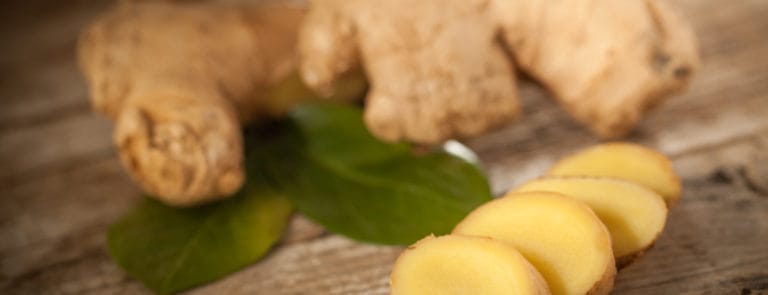10% off £35
Code:SAVE
How to treat and relieve migraines

If you have a migraine, there's no need to suffer in silence. There’s plenty you can do to help manage your painful symptoms including natural remedies.
Migraine? Don’t suffer in silence. There’s plenty you can do to help manage your painful symptoms.
Keep a migraine diary
Migraine triggers vary, so keep a diary to pinpoint yours. You may find a pattern emerges, and by making changes to your diet and lifestyle, you can reduce the severity and frequency of your attacks. Common causes of migraines include caffeine, wine, stress or relief from stress (the release of tension can be a trigger), dehydration, skipping meals, too little sleep, and lie-ins. Some people are affected by certain foods such as cheese, chocolate or ice cream. Avoid as many triggers as possible, eat, drink and sleep regularly, and stop consuming all caffeine, including tea, cola and chocolate, as well as coffee.
Eat regularly
A drop in blood sugar is connected to migraine, so eat little and often to keep your blood sugar steady. Go for low-GI carbohydrates such as wholewheat pasta, wholegrain bread, rye bread, oat cakes and porridge, along with plenty of fresh fruit and vegetables. Eat breakfast within half an hour of rising. Most importantly, eat just before bed – because you take in no food for hours, your blood glucose drops very low and you can wake with a migraine. Dehydration is also a trigger, so drink plenty of water, juices and herbal teas.
Have a routine
A regular routine is very important, so try to get up and go to bed at the same time everyday. Aim to avoid late nights and lie-ins too. Quality sleep is essential and poor sleep can potentially spell a day – or more – of migraine pain. Ensure solid sleep by taking half an hour to unwind before bed. Try adding lavender oil to a diffuser, and have a warm milky drink. Try not to use any gadgets at least two hours before bed, and make sure your room is dark and quiet; use eye mask and ear plugs if it isn’t.
Try natural migraine treatment
Research shows people who experience migraines may have low levels of the mineral magnesium, but taking a magnesium supplement with a dose of at least 600mg may help prevent the headaches. Taking vitamin B and folate can also help reduce the severity and frequency of migraines. Other studies have found that the herbs feverfew and butterbur could help cut migraine attacks. Try these natural approaches, one at a time, to pinpoint what’s effective for you.
Learn to relax
Remember that migraine can be your body’s way of telling you to slow down, so try to build relaxation into your day. Take your lunch break; go for a walk, sit down with a magazine and a cup of tea, or try relaxation techniques such as yoga and meditation. Try to unwind in the evening – have a long bath with calming lavender oil and sip a mug of soothing chamomile tea. If you find it hard to switch off, a relaxation or meditation class might help. Found that useful? Get more tips on migraine relief in our dedicated section.
This article has been adapted from longer features appearing in Healthy, the Holland & Barrett magazine. Advice is for information only and should not replace medical care. Please check with your GP before trying any remedies
Related Articles
Shop by wellness goal
Sign up for exclusive offers
Plus, get expert advice to support your health & wellness straight to your inbox when you sign up to Holland & Barrett emails.
Read our
privacy policy














